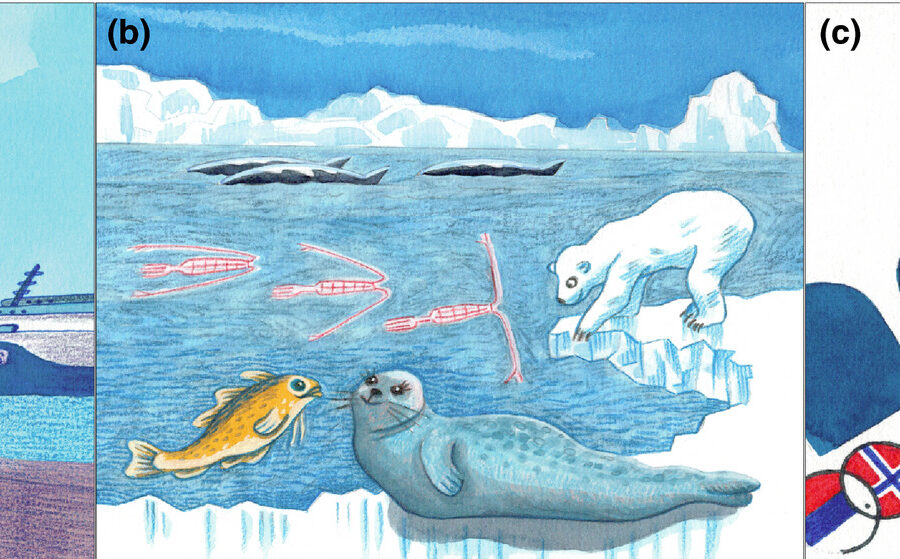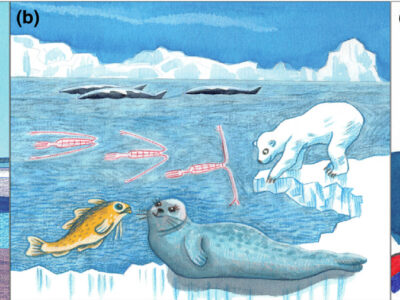The objective is to allow different actors to jointly develop scenarios which contain their multiple visions of the future. Contrasted scenarios about possible futures are elaborated for four single perspectives (fisheries management, ecosystem, ocean climate, global context and governance) before being integrated into multiple-perspective
scenarios. Selected scenarios are then developed into storylines.
Focusing on individual perspectives until near the end allows actors with diverse cultures, interests and horizons to confront their own notions of the future.
Expected impact: A better understanding for each actor entering the exercise, of the complexity of the situation, the associated uncertainties, and other actors’ points of view. A new method for participatory scenario planning which provides the tools for revising each actor’s vision of the future and to be better prepared for various plausible future situations.
The scenarios were made in: 2016
The scenarios look out to: 2050

